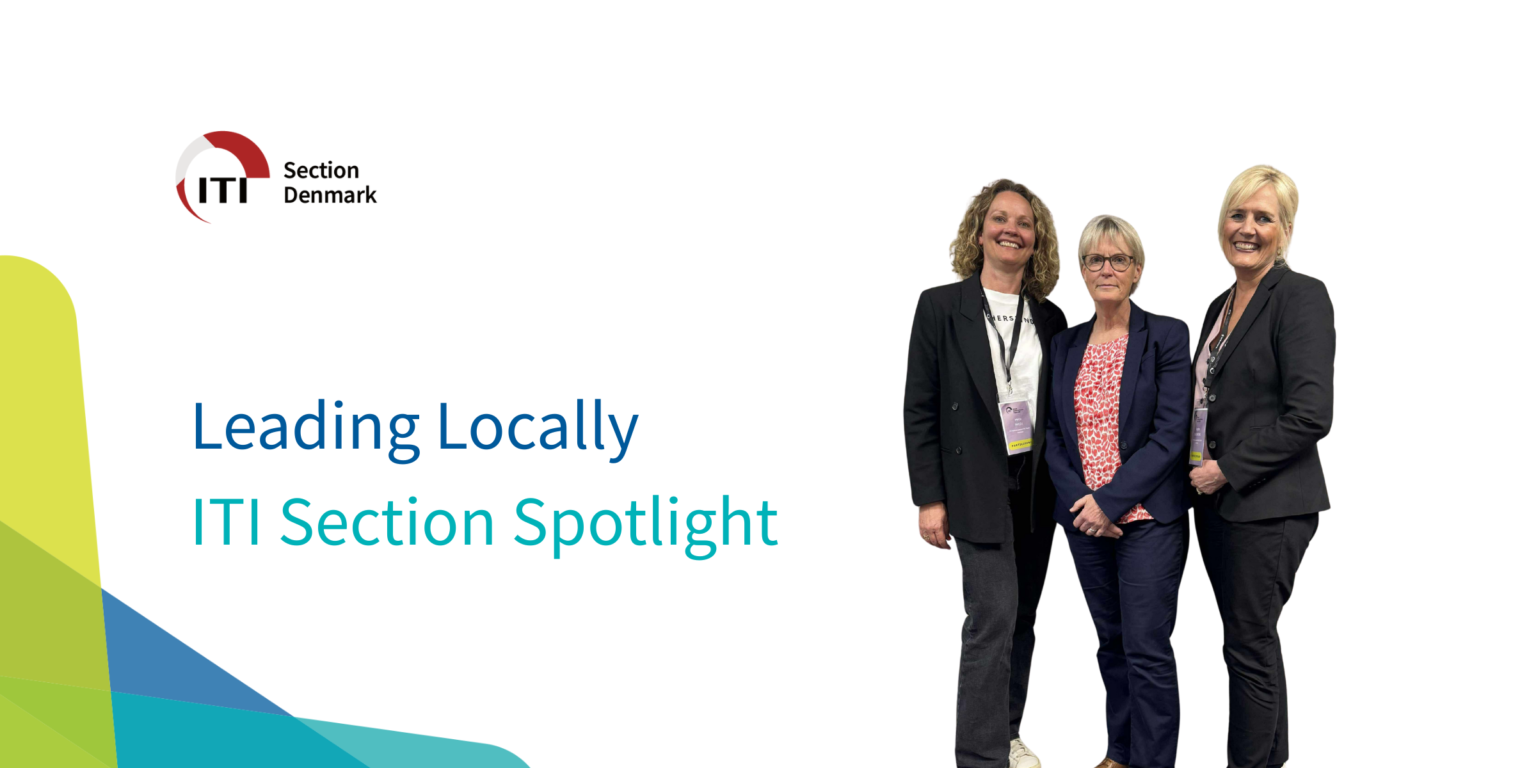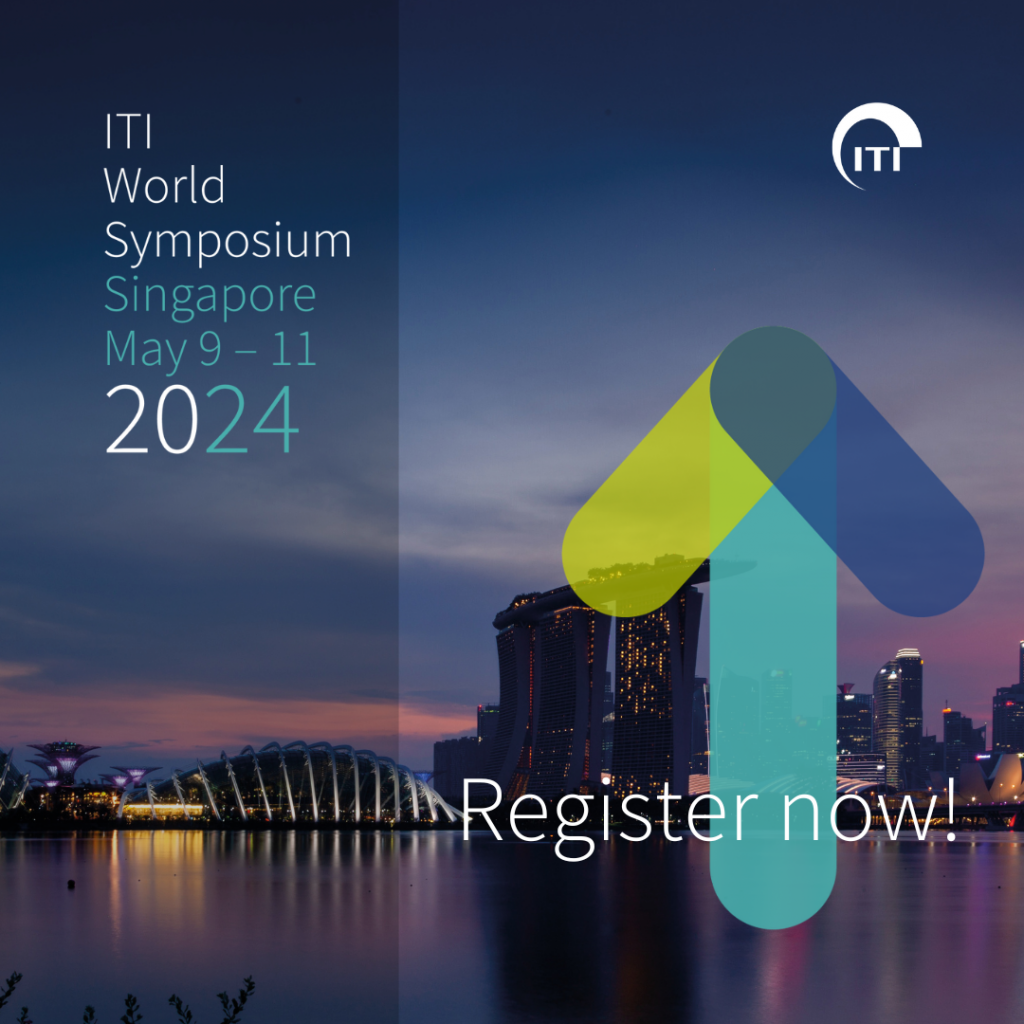With USD 2.2 million to allocate to dental-implant-related studies every year, the ITI Research Committee supports meaningful research projects run by experienced as well as aspiring researchers from all over the world. But there is more to these great professionals than just their work.
In this new feature the ITI Blog takes a 360° look at the personal and professional lives of individual researchers who have received ITI funding.
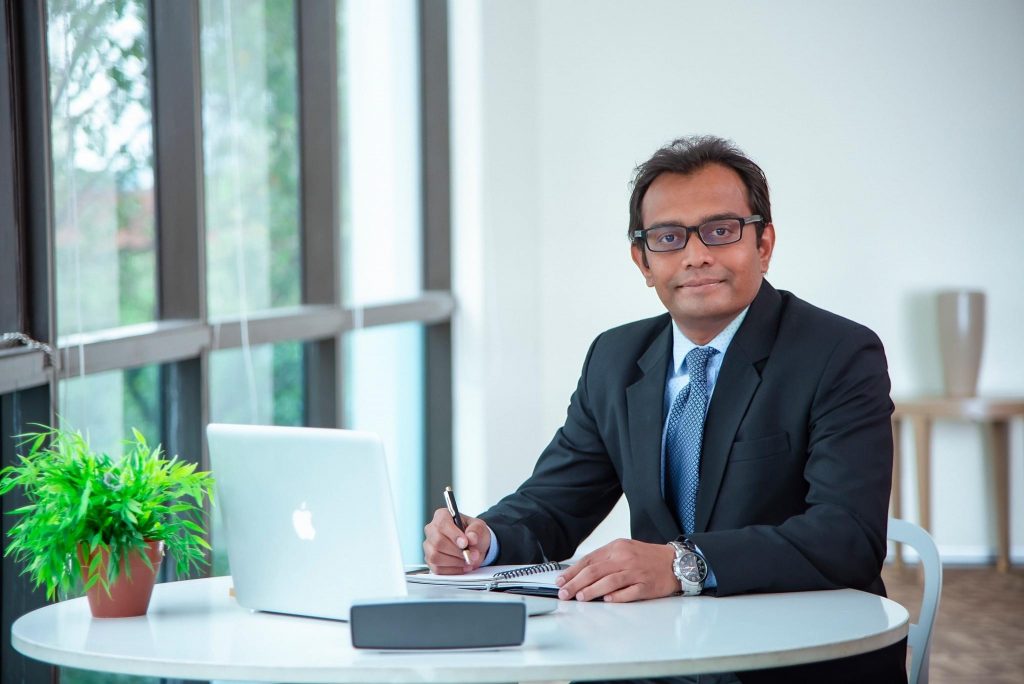
This feature kicks off with an interview with Dr. Pravinkumar Patil. Originally from Vajrachounde, a small village in India, Pravinkumar moved to Malaysia in 2014 where he is currently working as an Associate Professor in Prosthodontics at IMU School of Dentistry, Kuala Lumpur.
Can you tell us a bit about your professional background?
I completed BDS from MGV Dental College and Hospital Nashik and MDS from Government Dental College and Hospital (GDCH) Nagpur, where I worked as a lecturer in Prosthodontics for 6 years before moving to Malasya.
My passion is for scientific writing, reviewing, and editing manuscripts and research proposals.
My interest in research started during my postgraduate days when I was doing my Prosthodontics Residency at Government Dental College and Hospital (GDCH) Nagpur. The master’s thesis on fixed prosthodontics in 2008 was the beginning of my research journey. Soon after that while working as a lecturer at GDCH Nagpur, in 2011, I was awarded my first external research grant from Lady Tata Memorial Trust, Mumbai. It helped me gain confidence in my ability to write research grant proposals. Two years later, in 2013, while I was still in the early stages of my academic career, I was awarded an ITI research grant for a clinical trial on implant overdentures. This was a significant milestone that provided a strong foundation to my research career and I have never looked back. Since then, I have secured over 25 research grants (21 internal and 4 major external) from ITI, FRGS Malaysia, and IMU Malaysia, including ITI grants in 2013 and 2023 as a Principal Investigator. Most of these projects are finished and have been reported in successful scientific publications. So far, I have published over 150 manuscripts and reviewed about 340. I have developed many techniques and devices in prosthodontics, including a mouth exercising device & an anatomical surgical obturator technique about most of which reports have been published in leading dental journals. Recently, I successfully defended my PhD thesis on mandibular implant-overdentures in IMU Malaysia.
In 2017, I became an ITI Member and the journey has become even more exciting. Winning 3rd place of the research poster award at the ITI SEA Congress 2019 in Kuala Lumpur was special for me because the competition was judged by Prof. Daniel Buser. Taking a leading role towards getting Malaysia’s first and only ITI Online Academy Campus (IMU Malaysia Campus) was also a great experience. And becoming an ITI Fellow in 2021 has been another milestone in my academic career.
The ITI has shown its faith in me by accepting my research grant proposals in my early academic career. This changed my mindset altogether and took me a long way towards where I am today. Today, I am a proud ITI Research Committee Member.
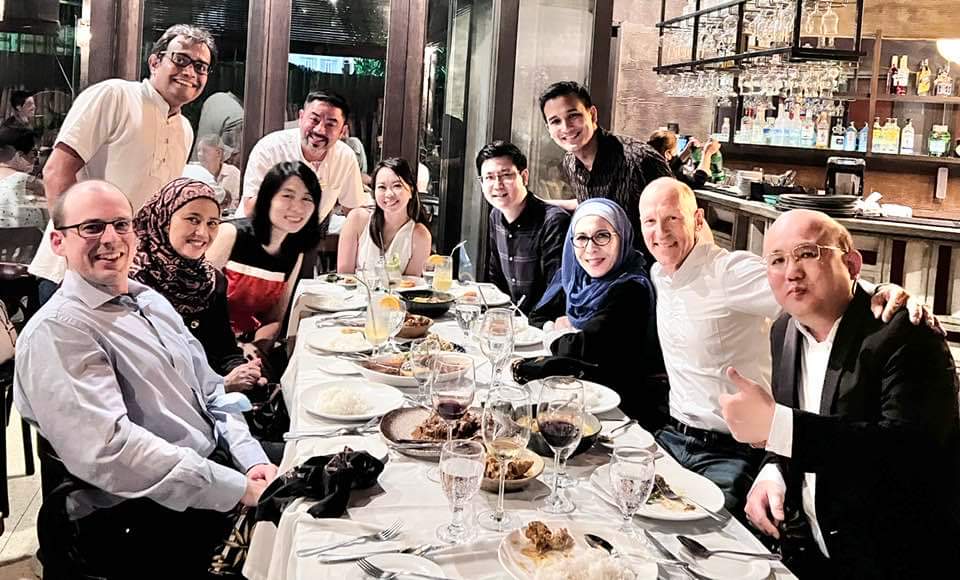
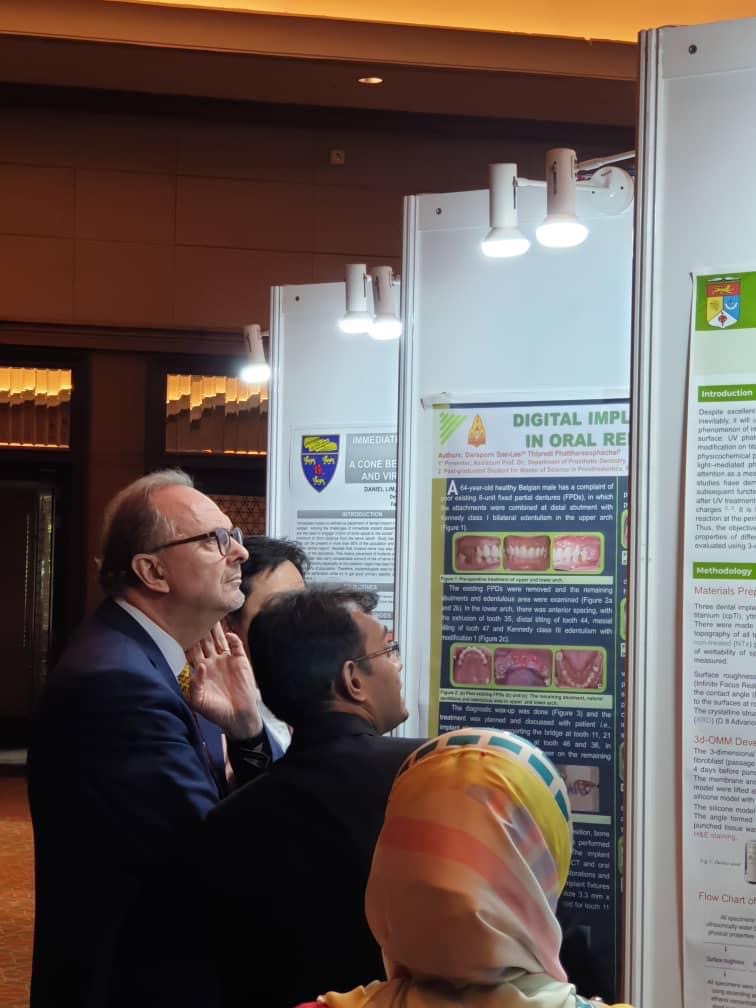
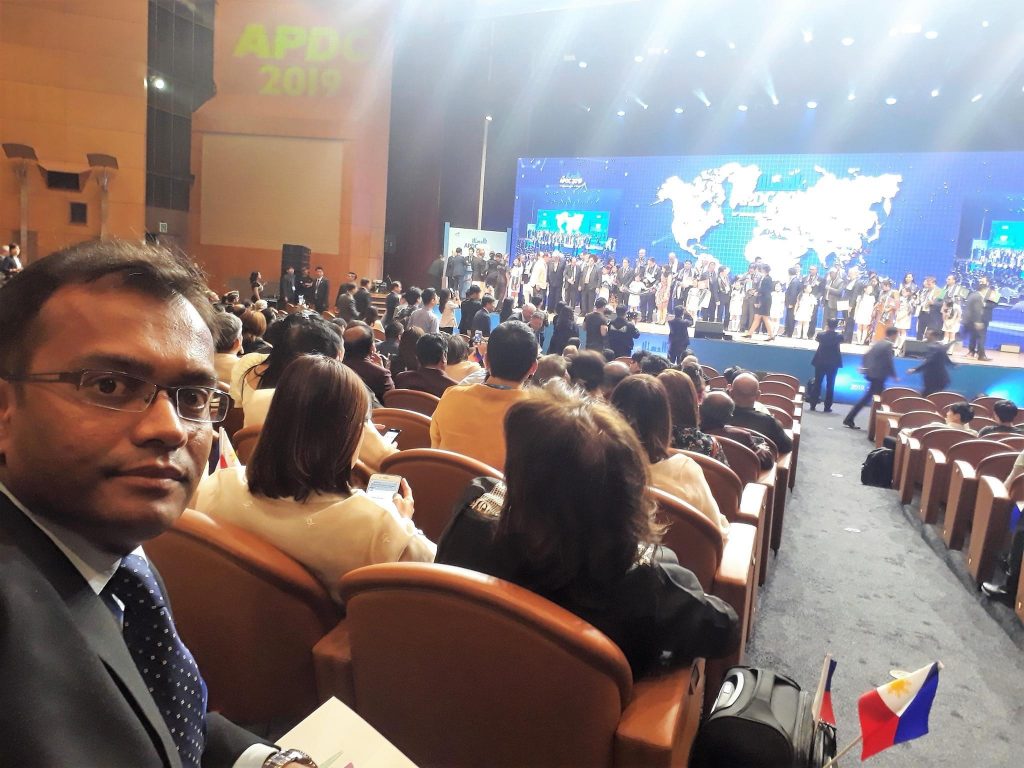
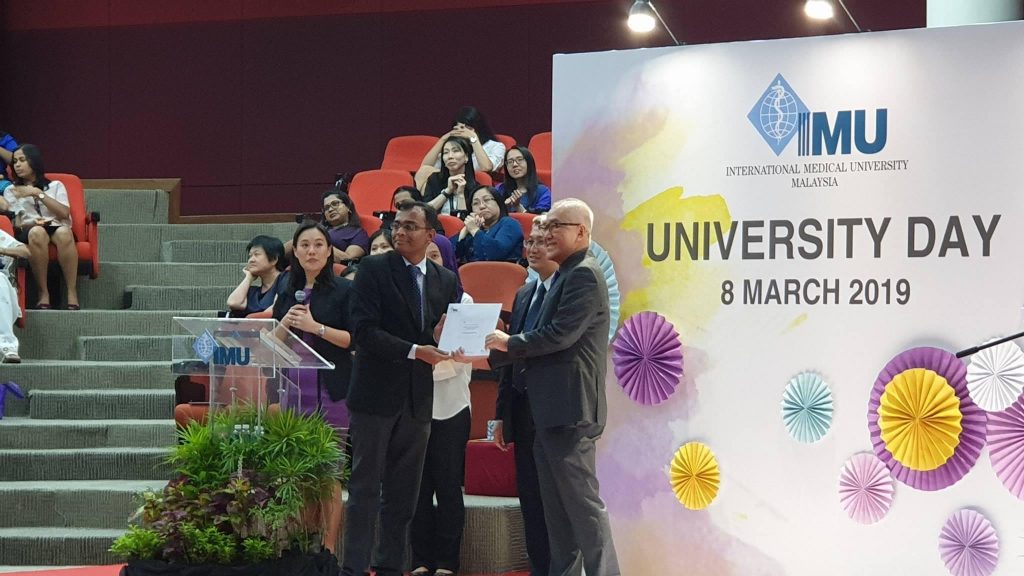
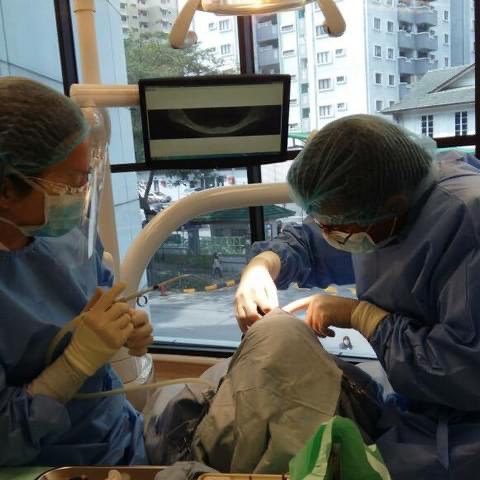
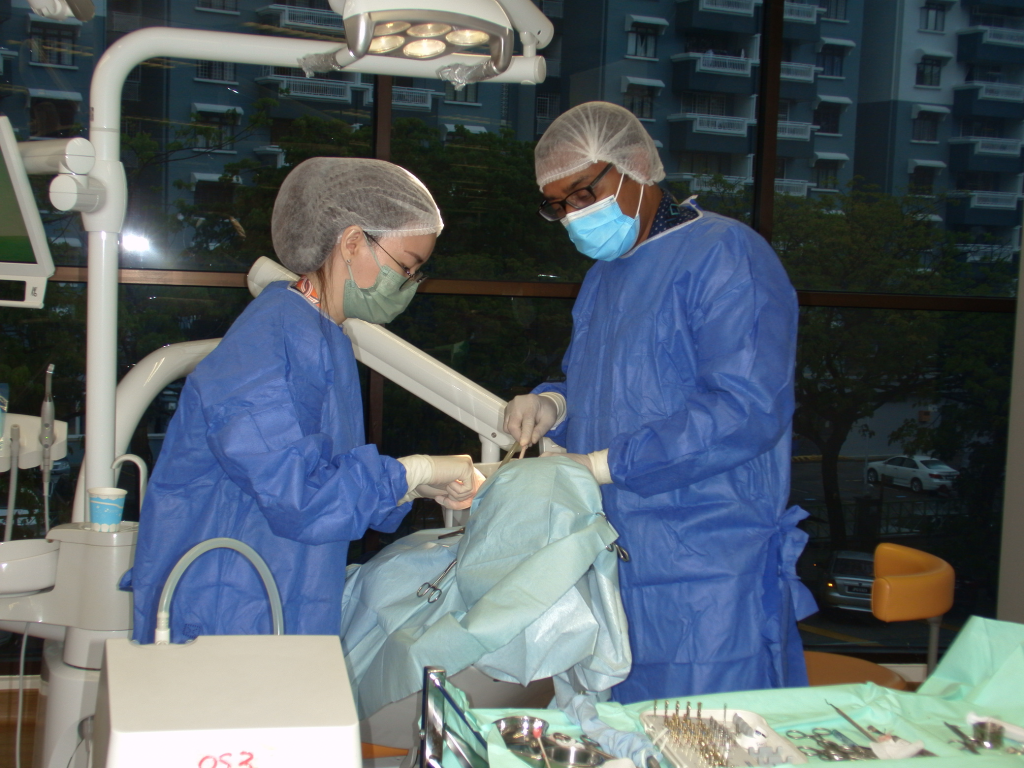
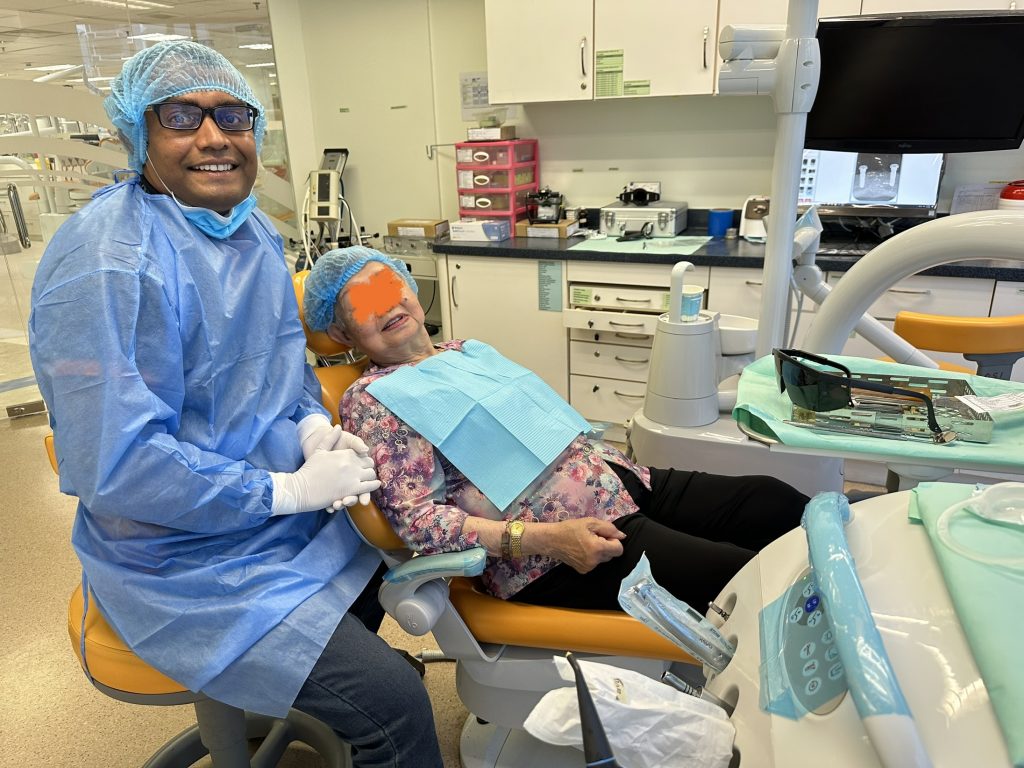
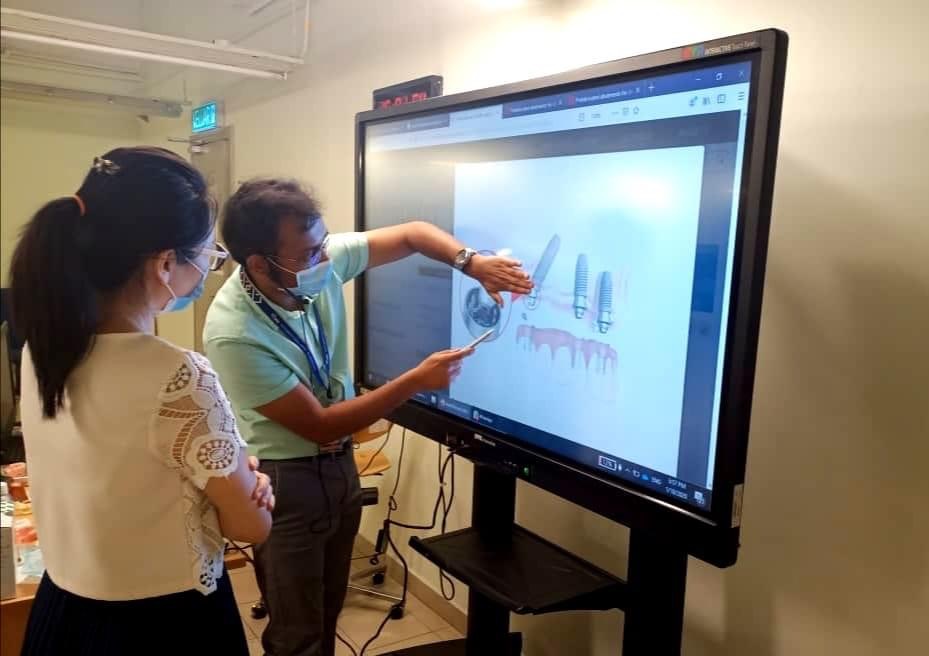
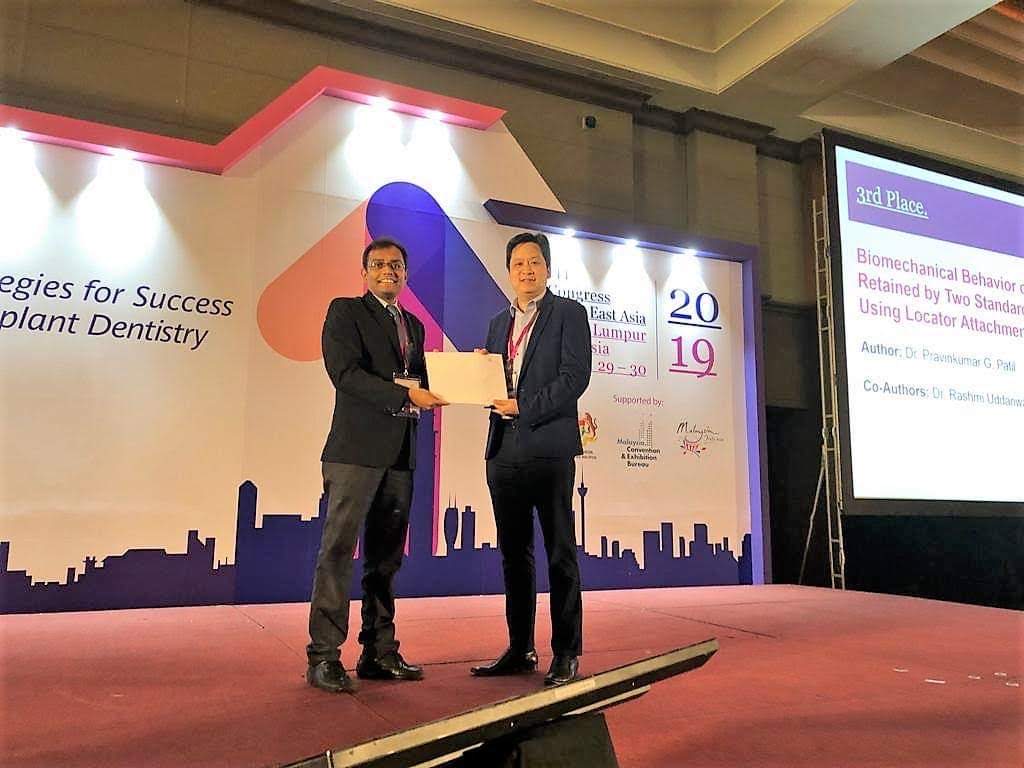
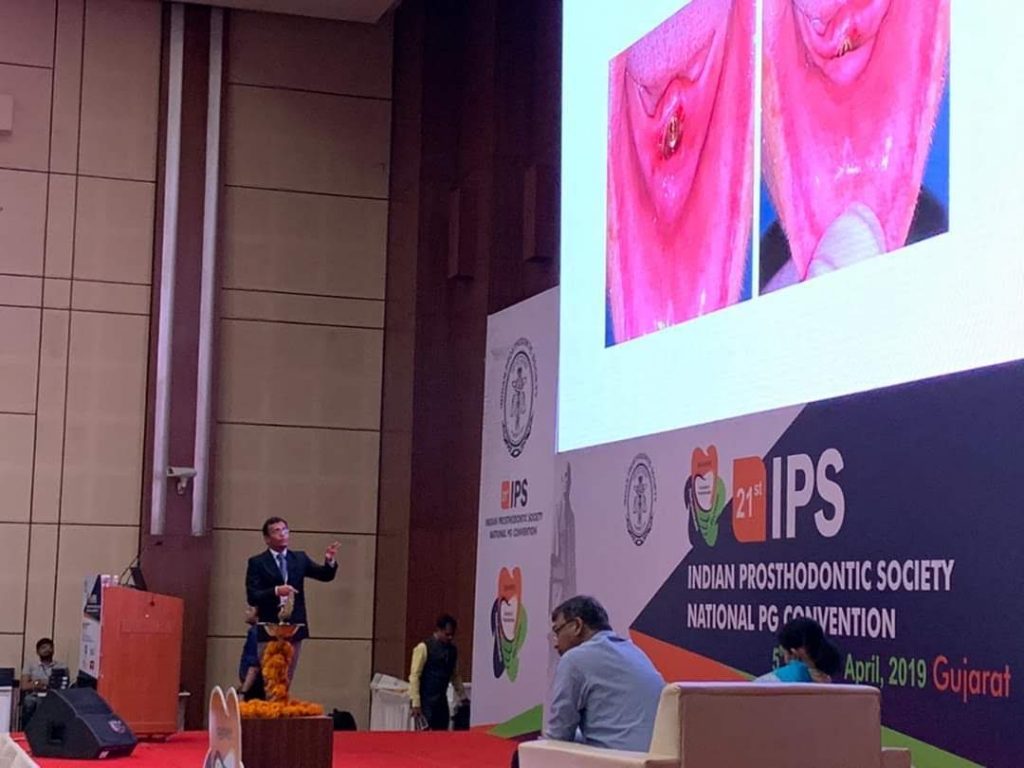
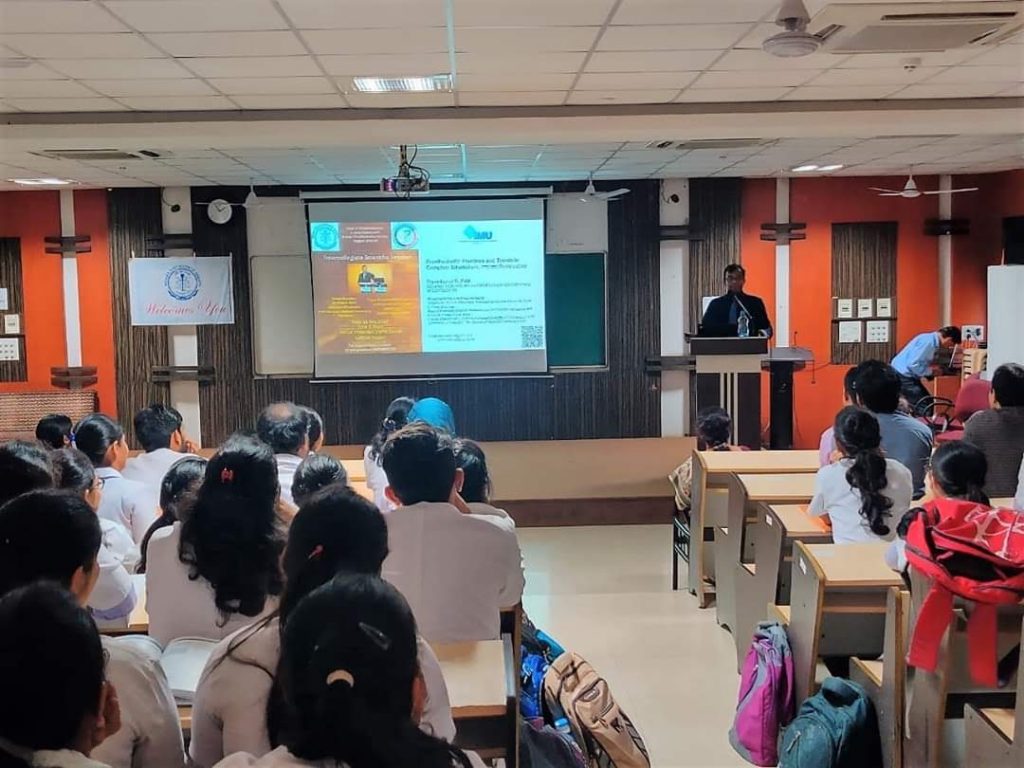
Give us a brief description of your project, what you hope to achieve and why it is relevant to implant dentistry.
My first ITI Research Grant project (927_2013) entitled “Randomized clinical trial comparing implant success, masticatory performance and patient satisfaction with one or two implant retained mandibular overdenture with immediate loading” was completed in Jan 2021.
I have now been awarded another ITI research grant (1751-2023) for the continuation project entitled “Five-year PROMs, peri-implant health, and prosthetic complications in immediately loaded single- and two-implant mandibular overdentures: Randomized controlled trial.” This new project aims to record all the outcome measures at the 5-year observation period and intend to compare them with the baseline and 1-year findings.
So far little is known about immediate loading protocols with single-implant mandibular overdentures. This randomized controlled clinical trial will add information on the long-term ability of a single median implant to retain a complete mandibular denture when immediately loaded. If viable, this treatment option is advantageous in terms of simpler procedure, reduced treatment cost and reduced risk of surgical morbidity. Implants that survive and function long term with a properly functioning prosthesis requiring minimum maintenance would be desirable. It is important to find out the long-term clinical viability of immediately loaded SIMO compared with the recommended option of a 2-implant mandibular overdenture. Additionally, exploring the correlation of implant-positions, inter-implant distance, and implant angulations with crestal bone loss in patients from 2-implant overdenture would provide deep insights in developing clinical guidelines in this treatment modality.
Tell us where you are based and a little bit about your team.
I moved to Malaysia in 2014, where I am currently working as an Associate Professor in Prosthodontics at IMU School of Dentistry, Kuala Lumpur. Here we are a big group (almost 35) of academic colleagues, among whom we share the teaching, clinics, and research workload. Our IMU School of dentistry has 2 main divisions, Clinical Oral Health Sciences (CCOH) and Restorative Dentistry (RD). I am in RD division (comprises prosthodontists, endodontists, periodontists) which is also involved in teaching and supervising PG Diploma students in prosthodontics, endodontics, and implant dentistry. IMU provides an open and inspiring work culture where we get ample opportunities to grow in every branch of academia including education, research, and clinical services.
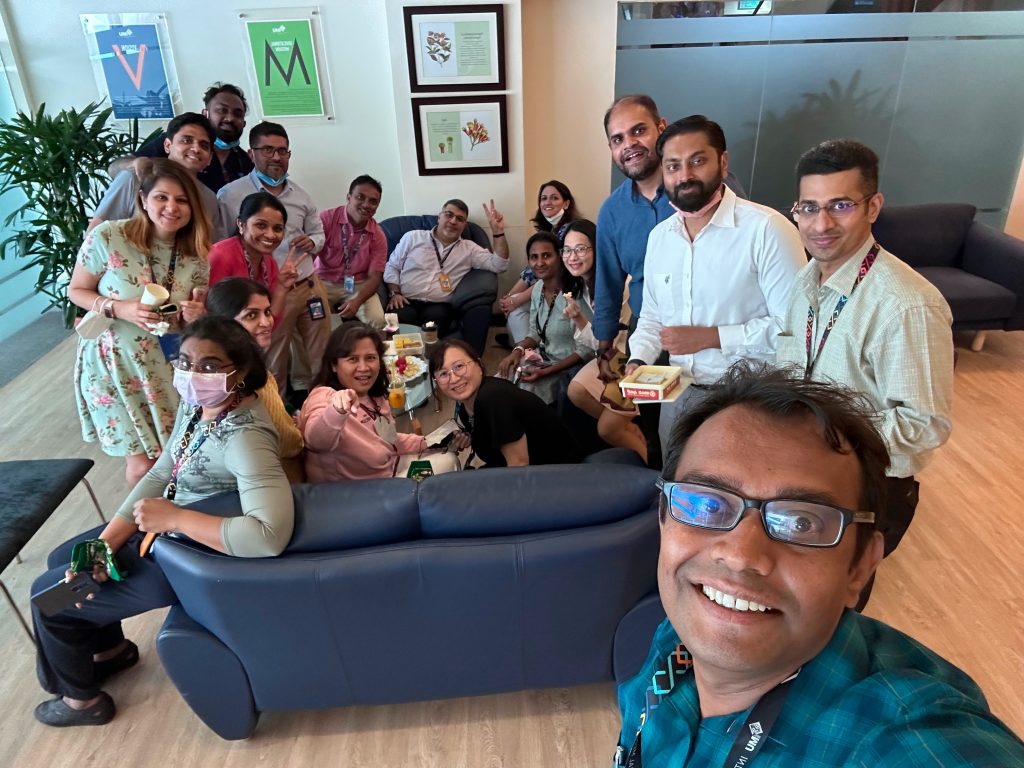
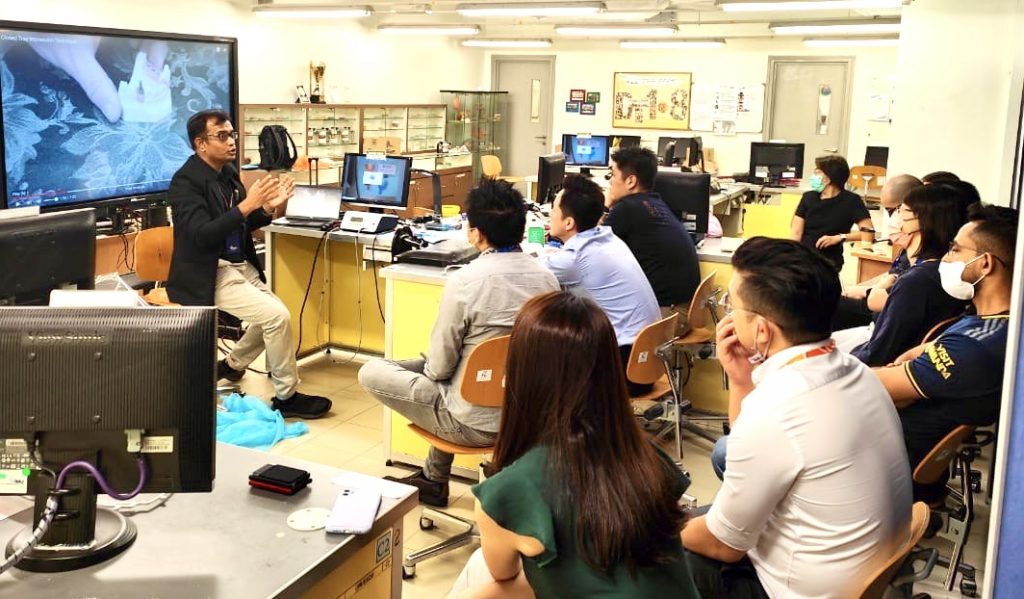
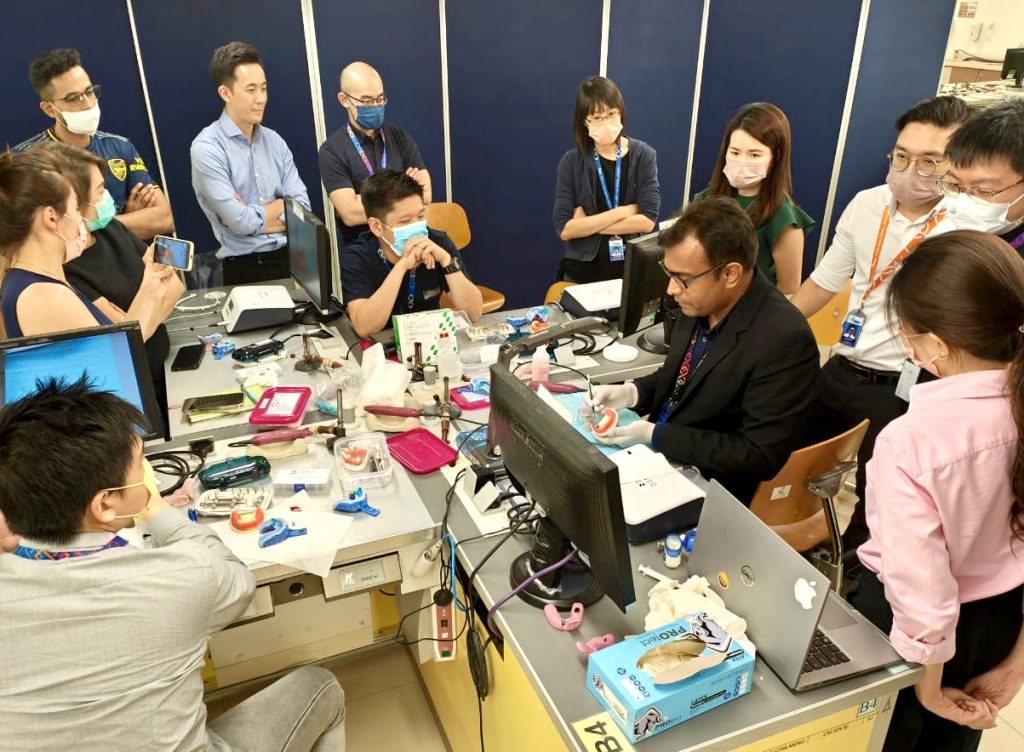
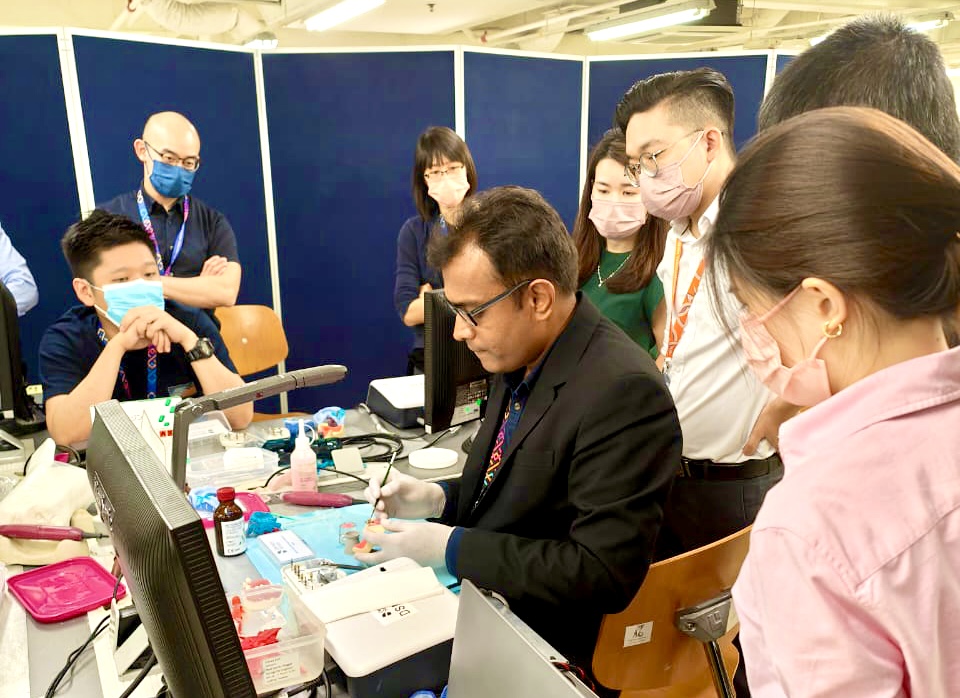
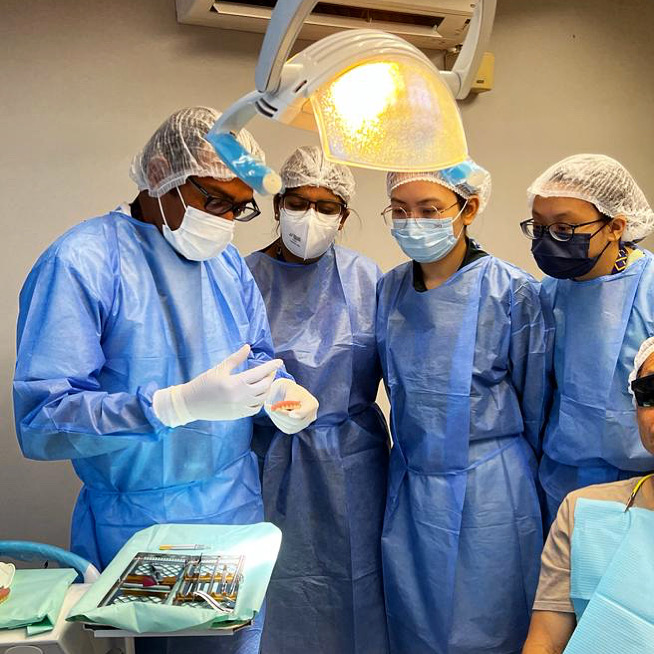
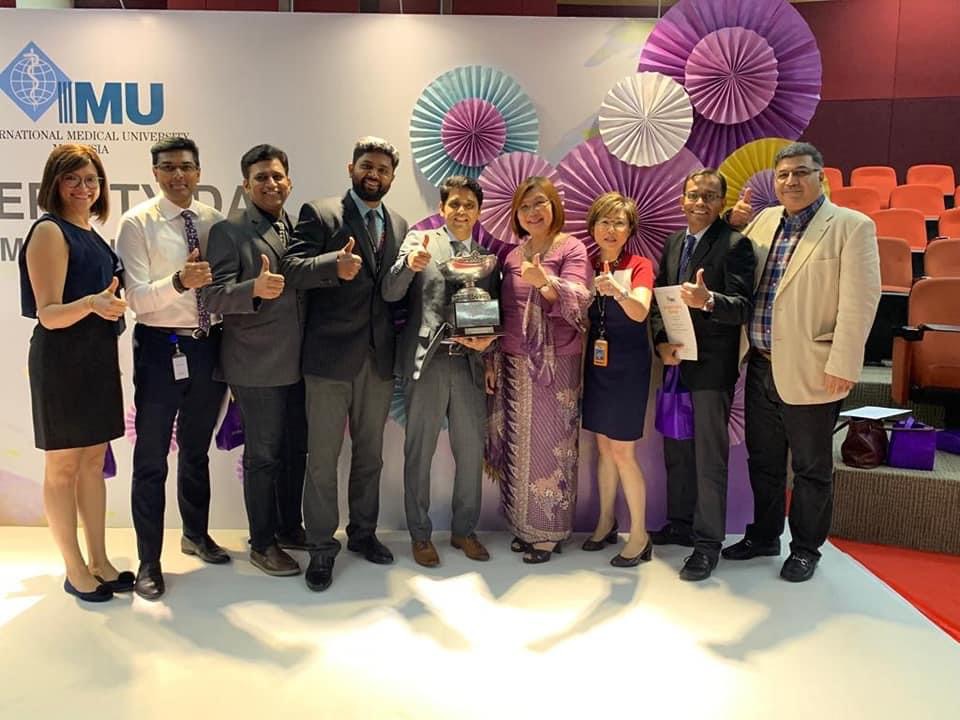
Can you describe a typical weekday?
In general my morning starts at 5 am with a little exercise. After freshening up and the standard morning routine, I drop the kids off at school and head to university. I generally start work at 9 am. Most of the day is spent conducting practical sessions and clinical supervision for BDS undergraduates and PG Diploma students. The rest of the day goes on clinical services with patient care focussed on prosthodontics and implant dentistry treatments or research and admin. My research work is typically made up of carrying out the methodology of ongoing projects, planning future research proposals, supervising student research projects, writing, reviewing, and editing manuscripts. Admin is mainly related to academic governance and meetings for PG Diploma in Prosthodontics and PG Diploma in Implant Dentistry. My working day is generally around 8 hours and after 6, my time is exclusively for family and friends, which normally means household work, kids’ activities, cooking, dinner, and exercise.
Paint us a picture of a typical weekend.
Playing with my kids, engaging with their activities. Out in nature with the family. Trekking, swimming, exercise, gardening, roaming shopping malls, watching movies, trying different restaurants, housework, grocery shopping and any outdoor activity. Engaging with social media, through Facebook, Instagram, LinkedIn.
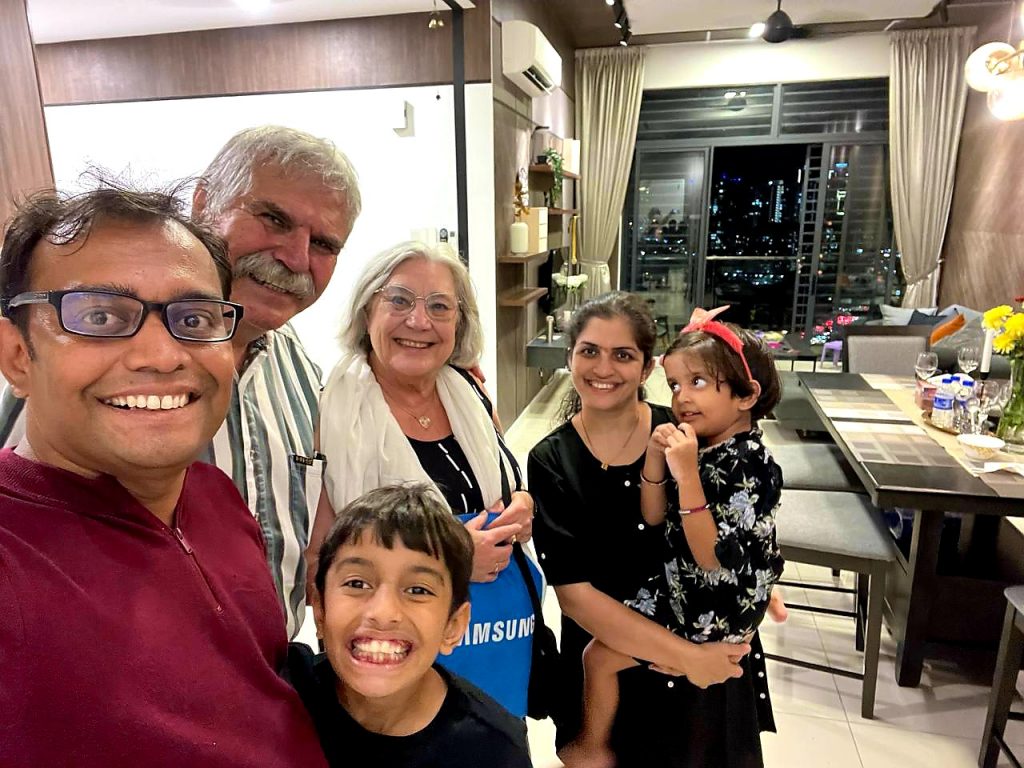
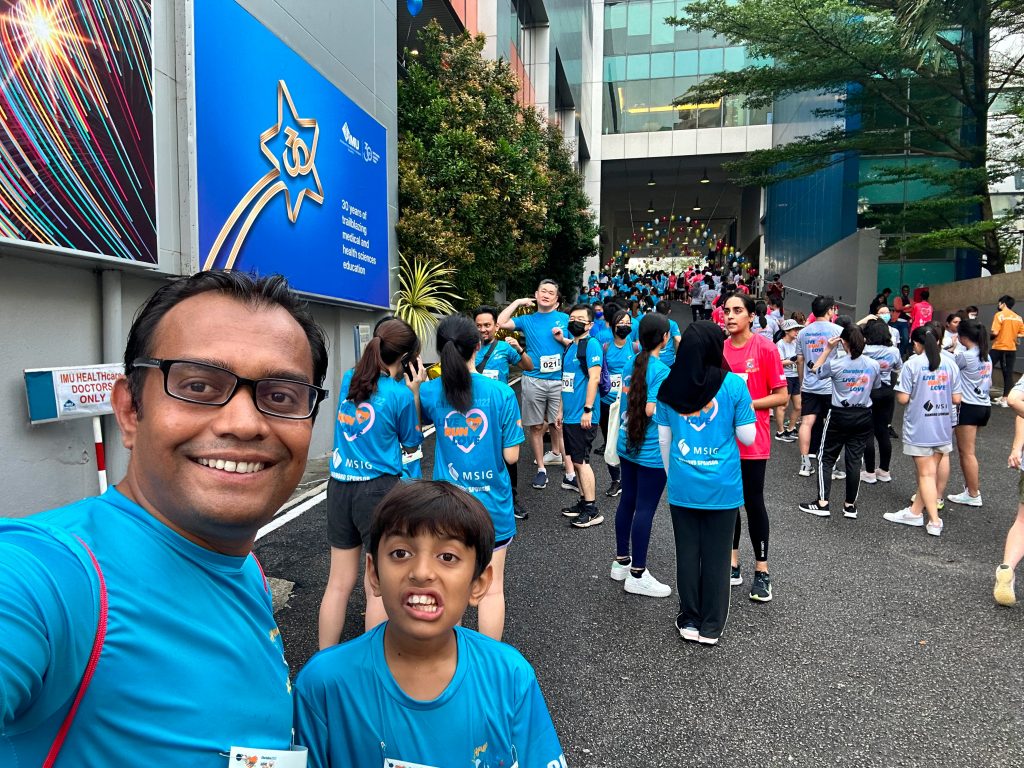
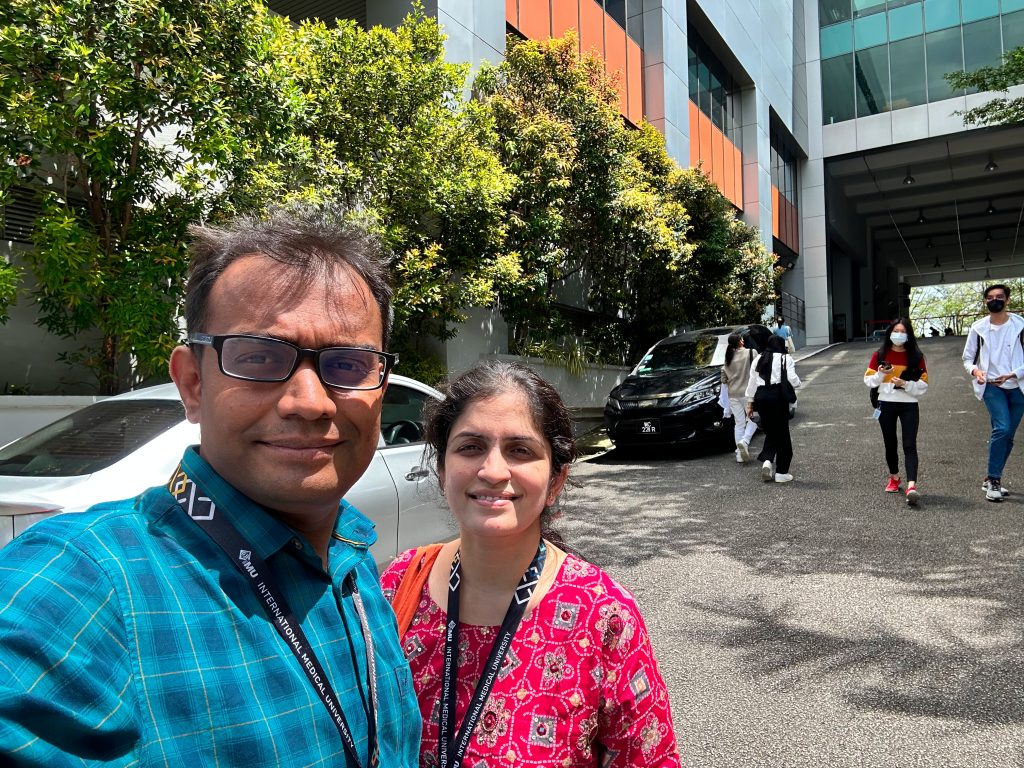
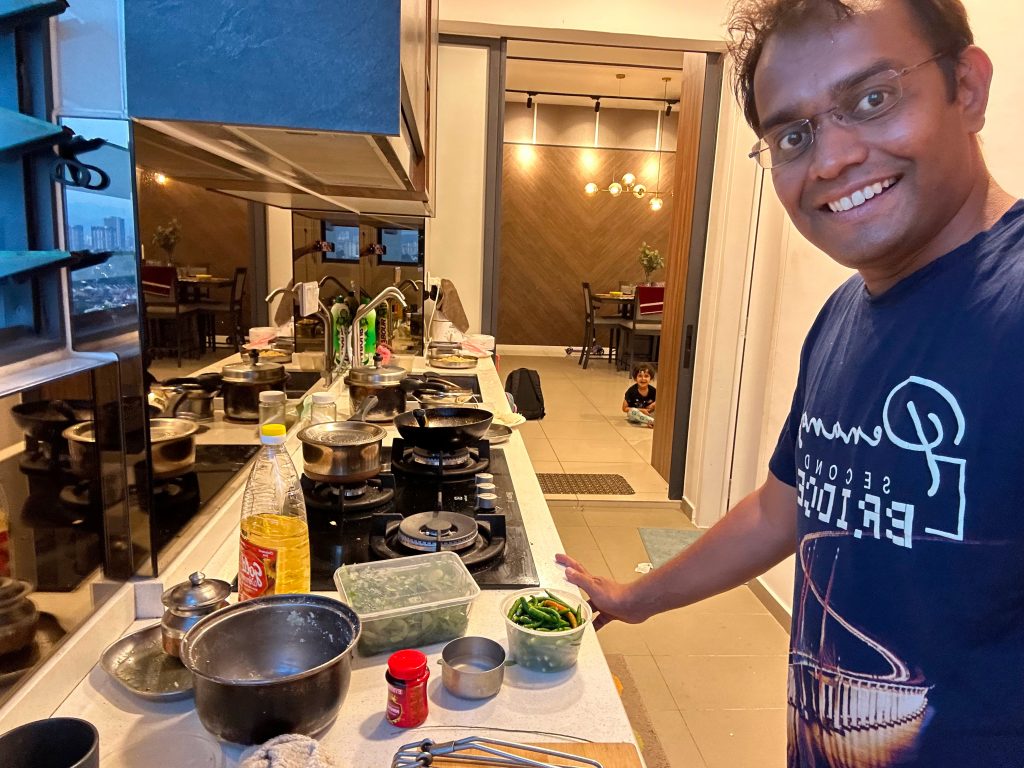
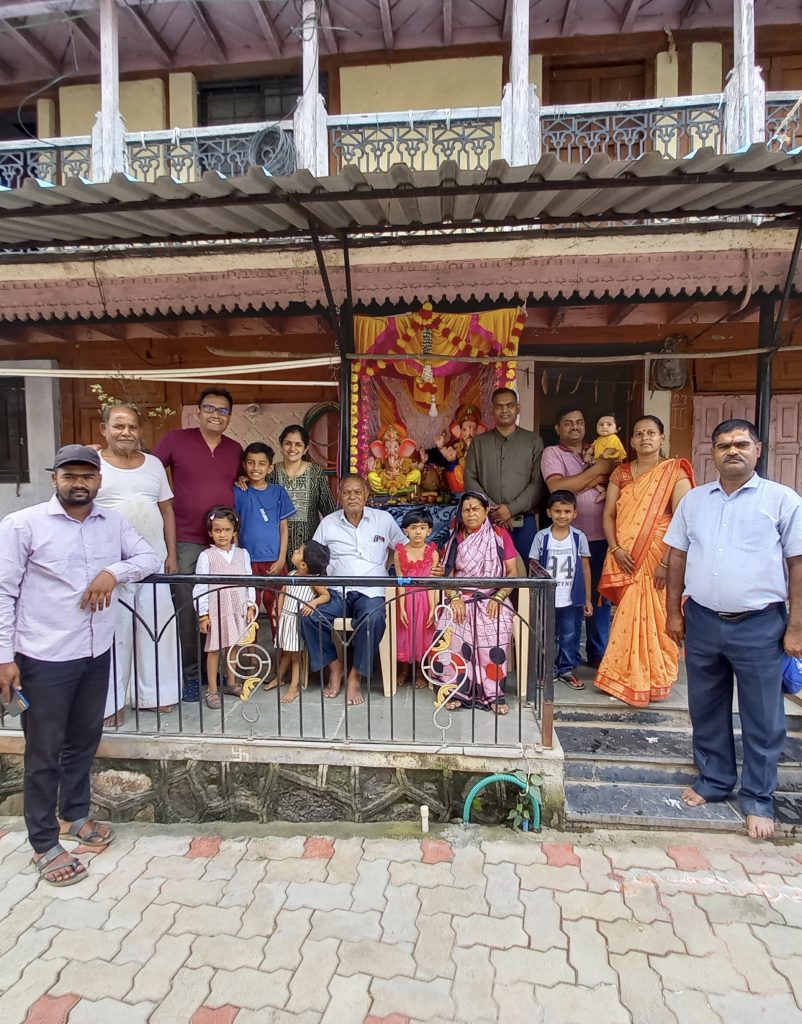
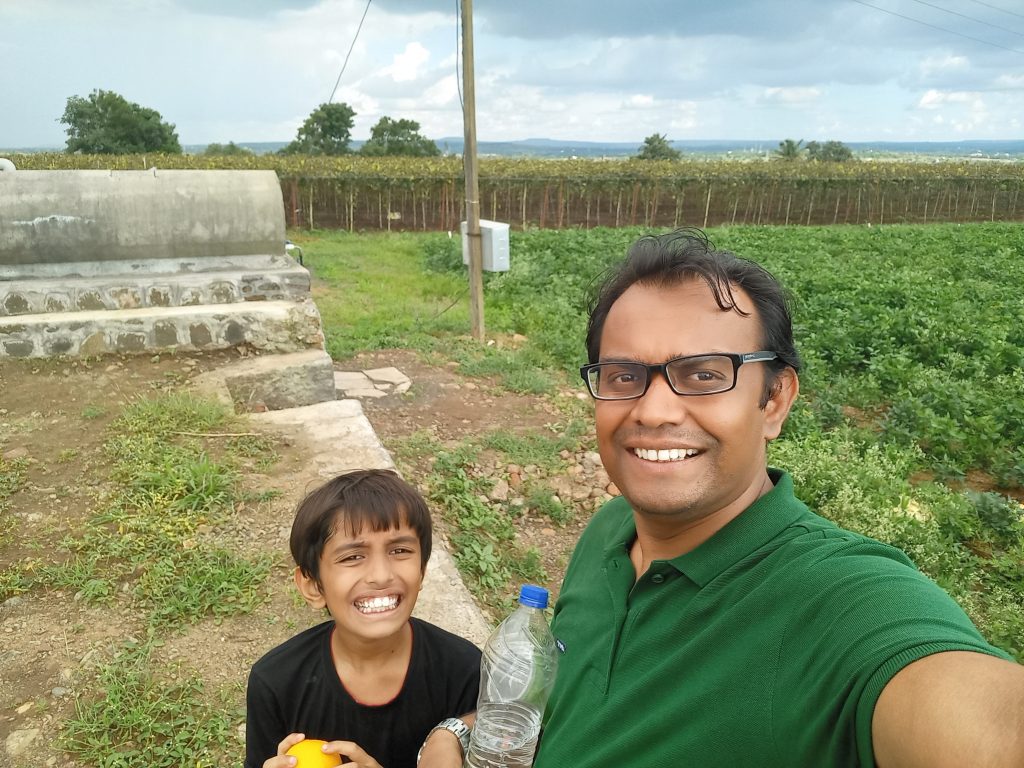
Tell us 5 of your favourite things.
- Experiencing mother nature and taking photos whenever I get the opportunity
- Enjoying good food, especially Maharashtrian food
- Enjoying family vacations
- Clinical practice focussed on prosthodontics and implant dentistry
- Writing, reviewing, and editing scientific manuscripts and research proposals
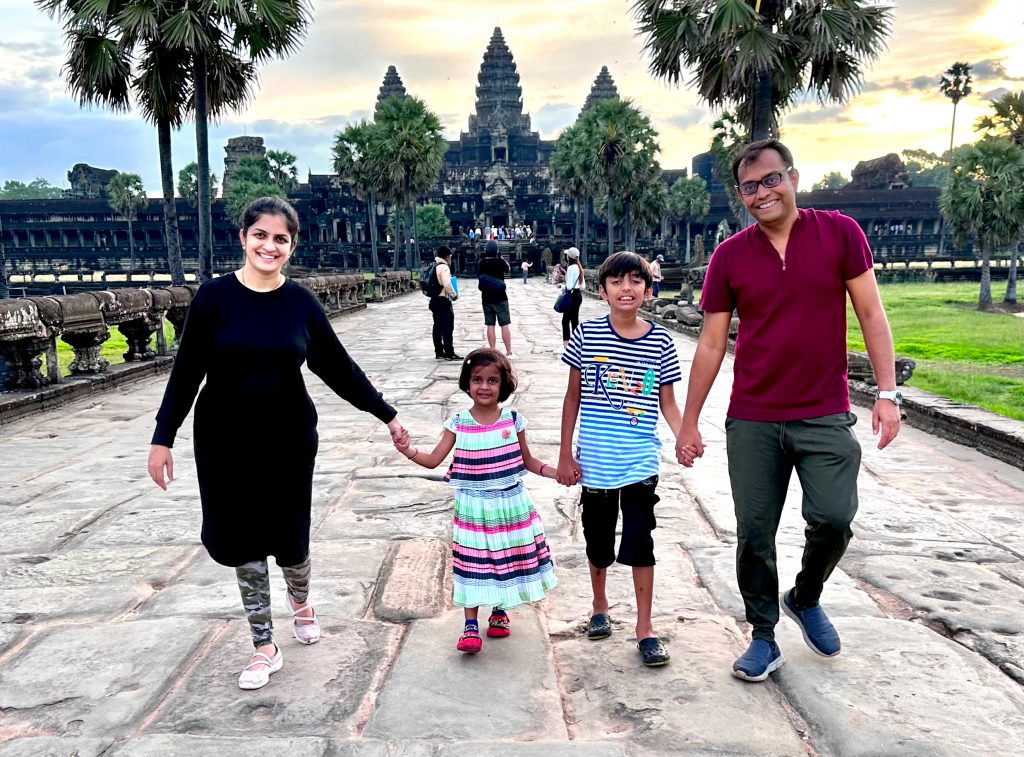
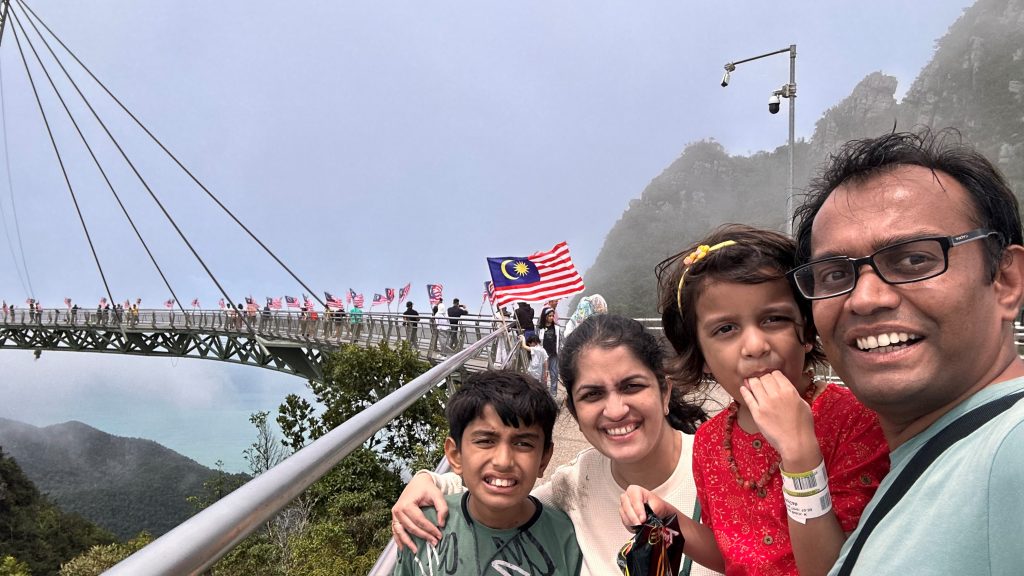
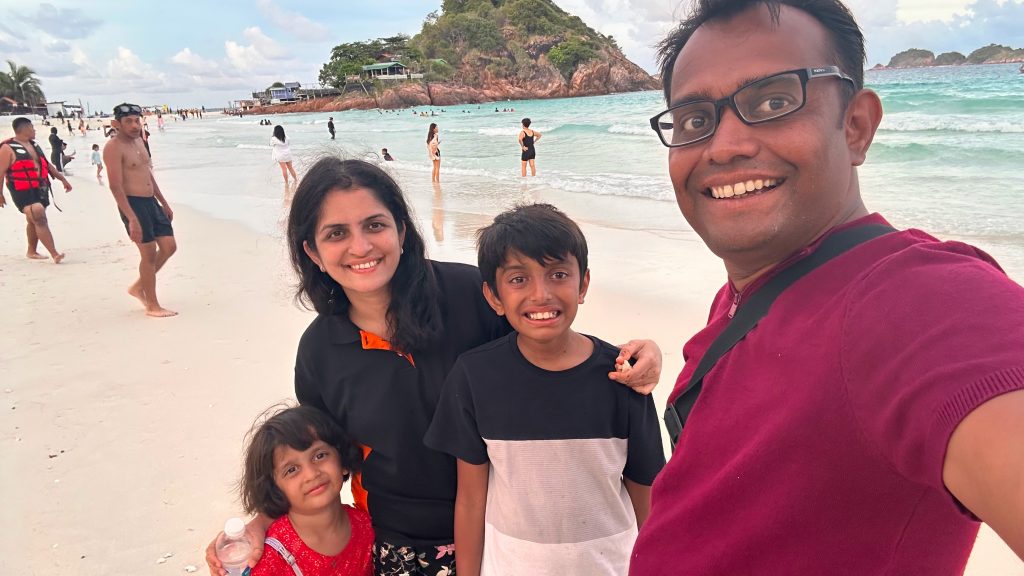
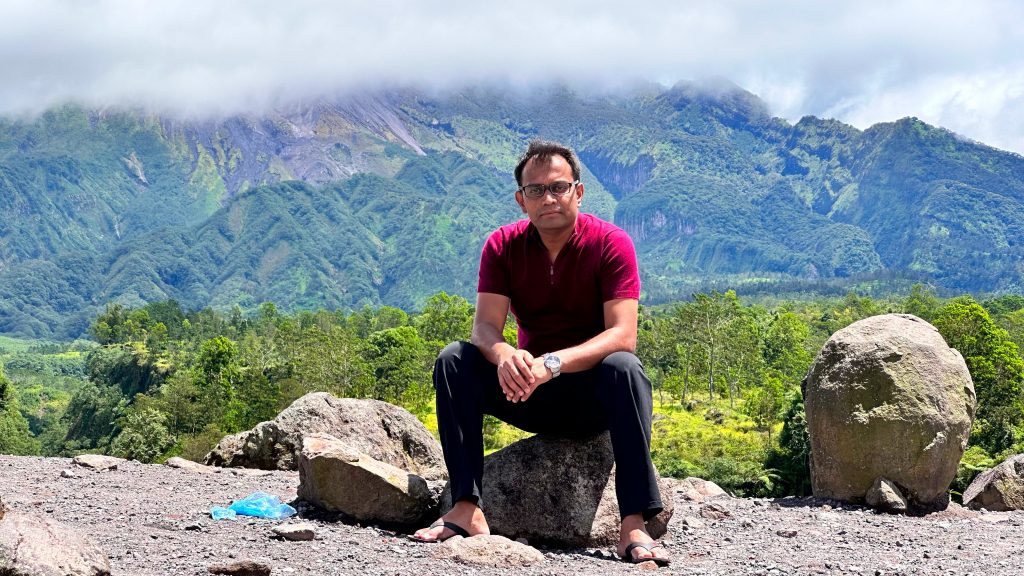
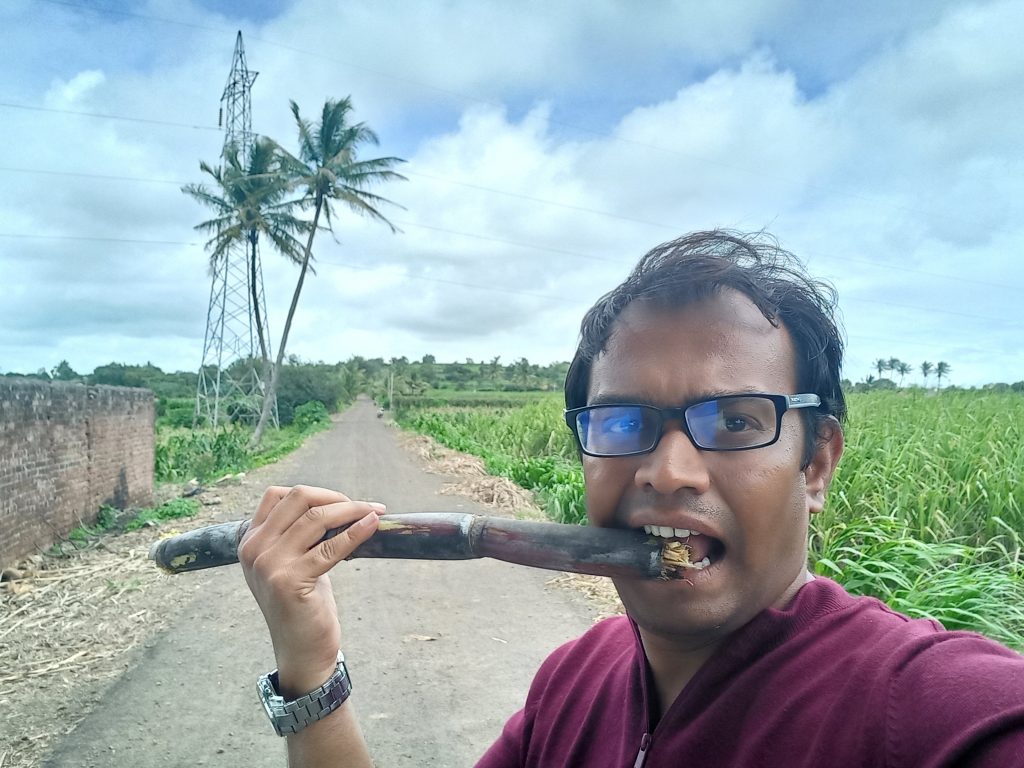
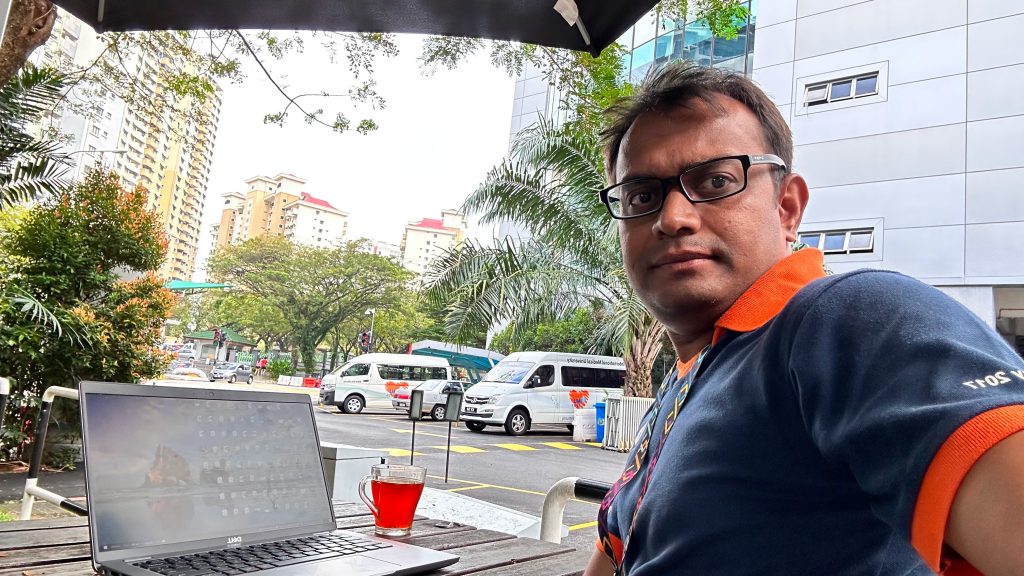
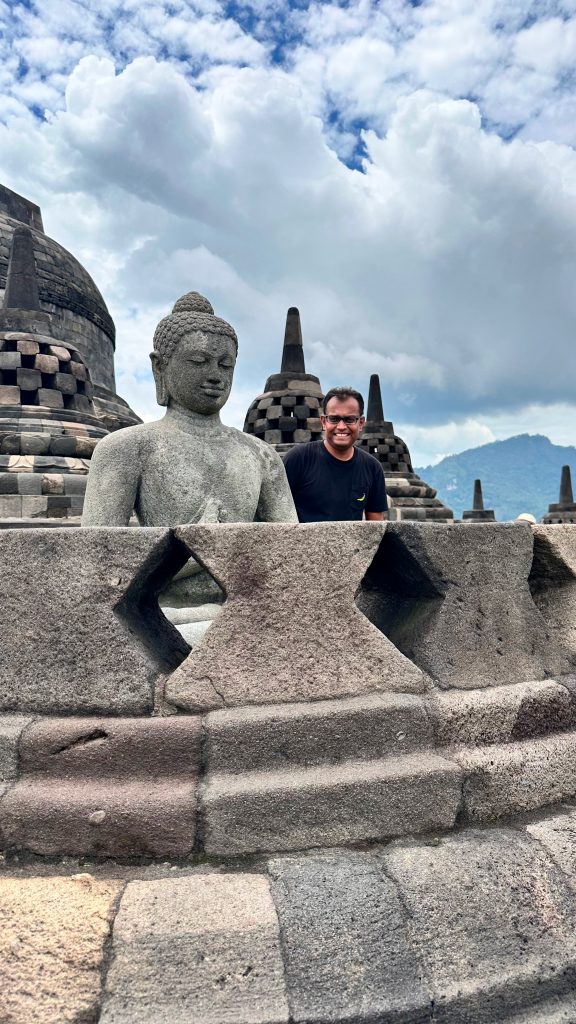
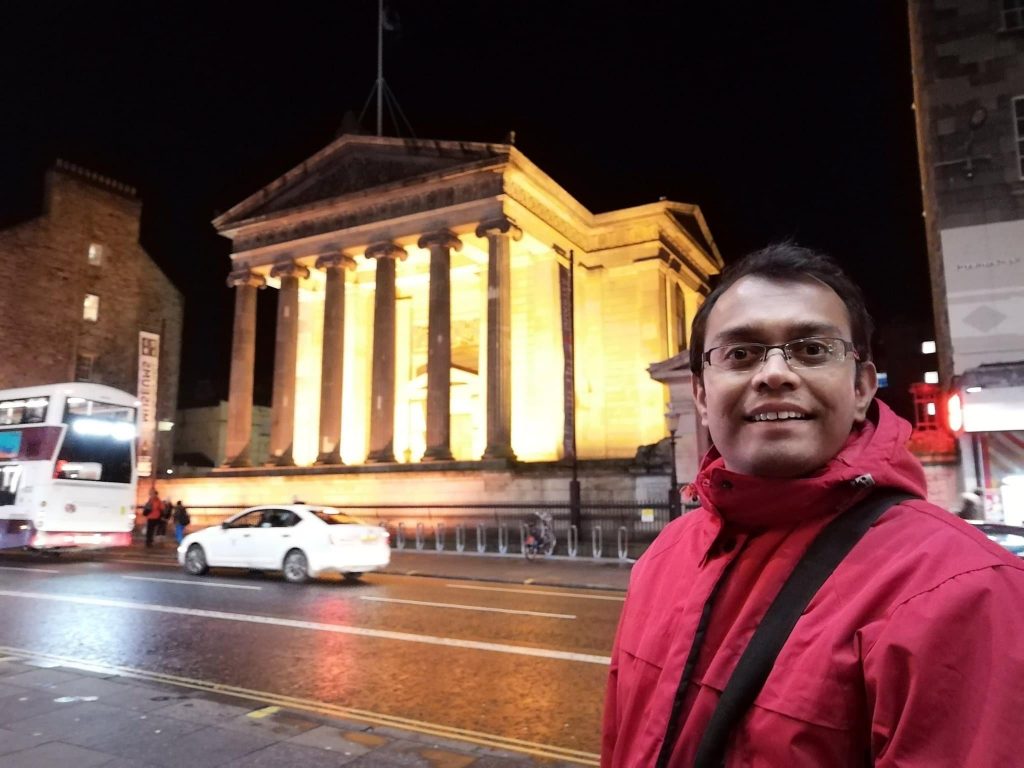
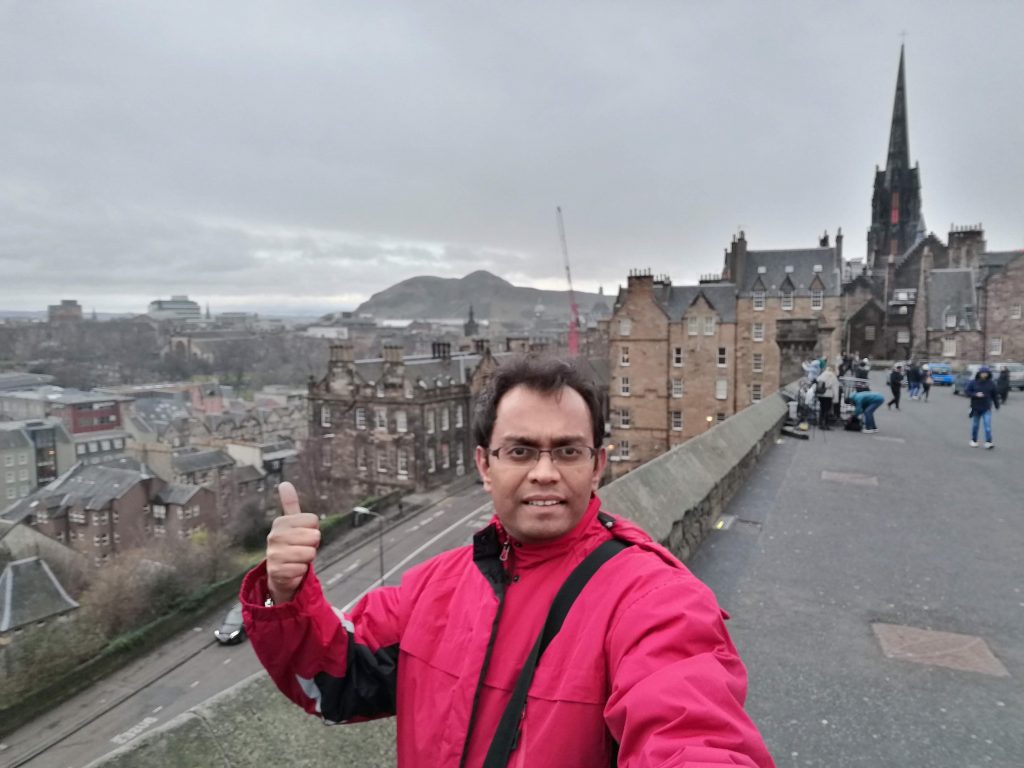
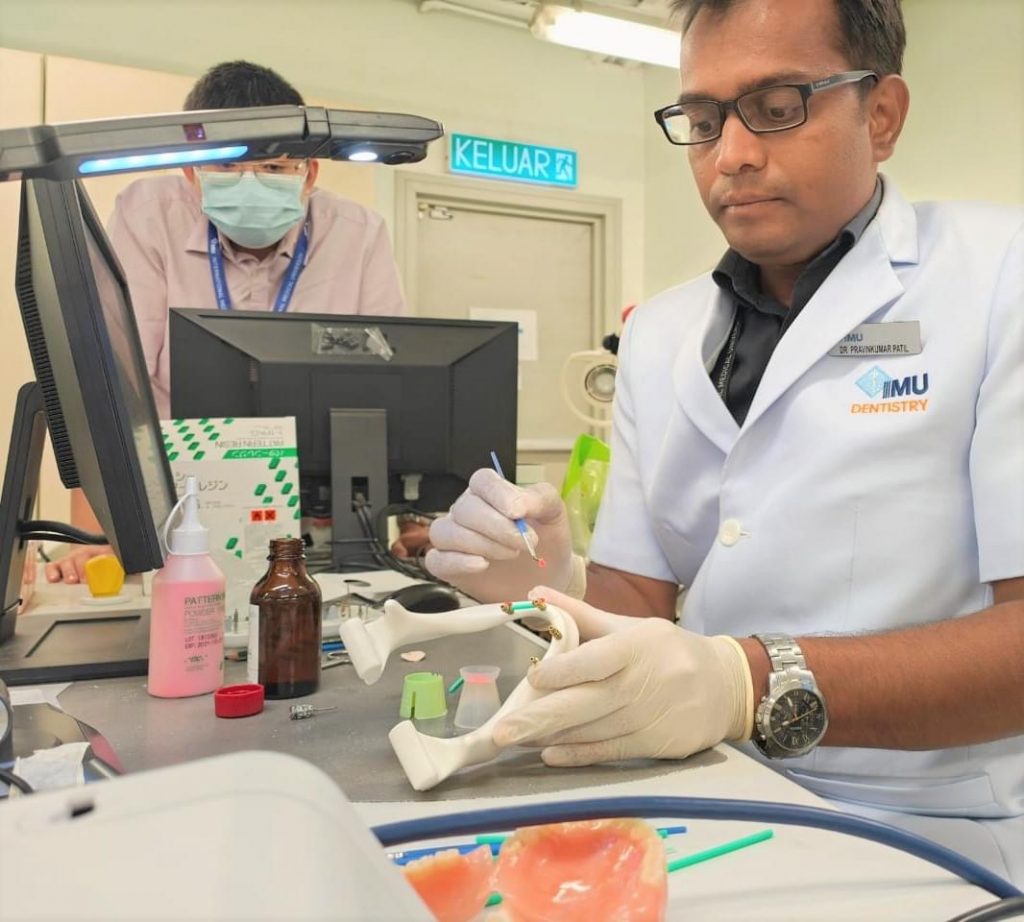
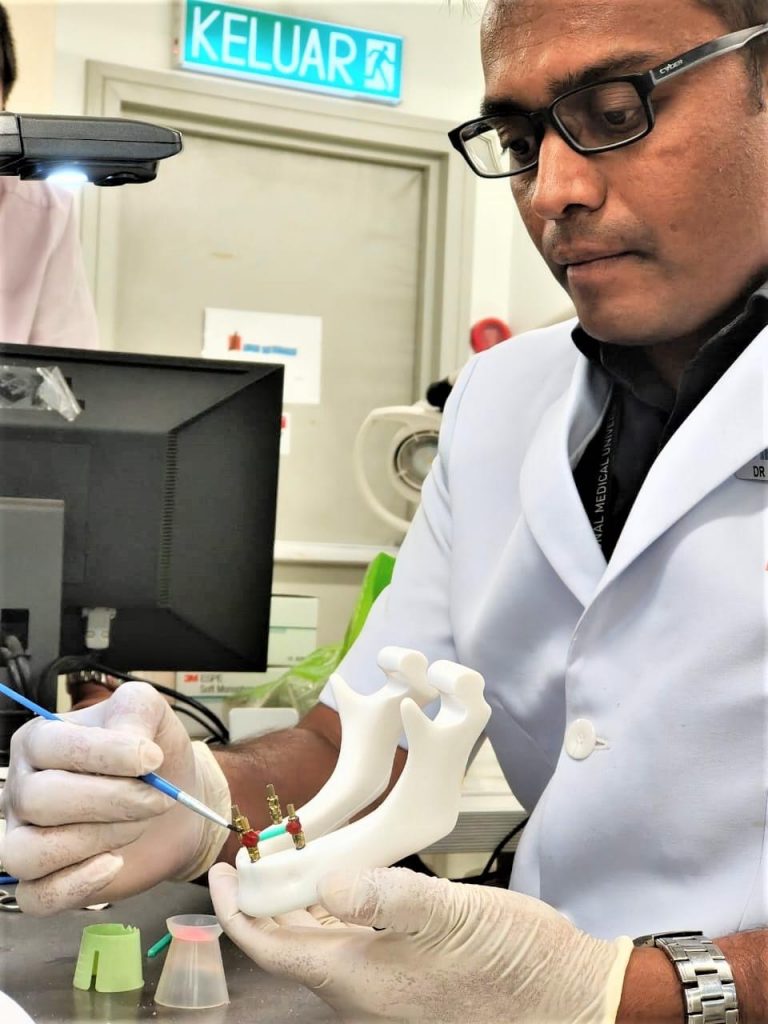
About ITI Research grants
The ITI provides funding for research projects in the field of implant dentistry and related areas that the ITI Research Committee has judged deserving of support. Part of the ITI’s annual research budget is allocated to applications whose projects deal with specific areas of interest defined by the ITI Research Committee.
The deadlines for ITI Research Grant applications are February 28 and August 31.
Apply for an ITI research grant




